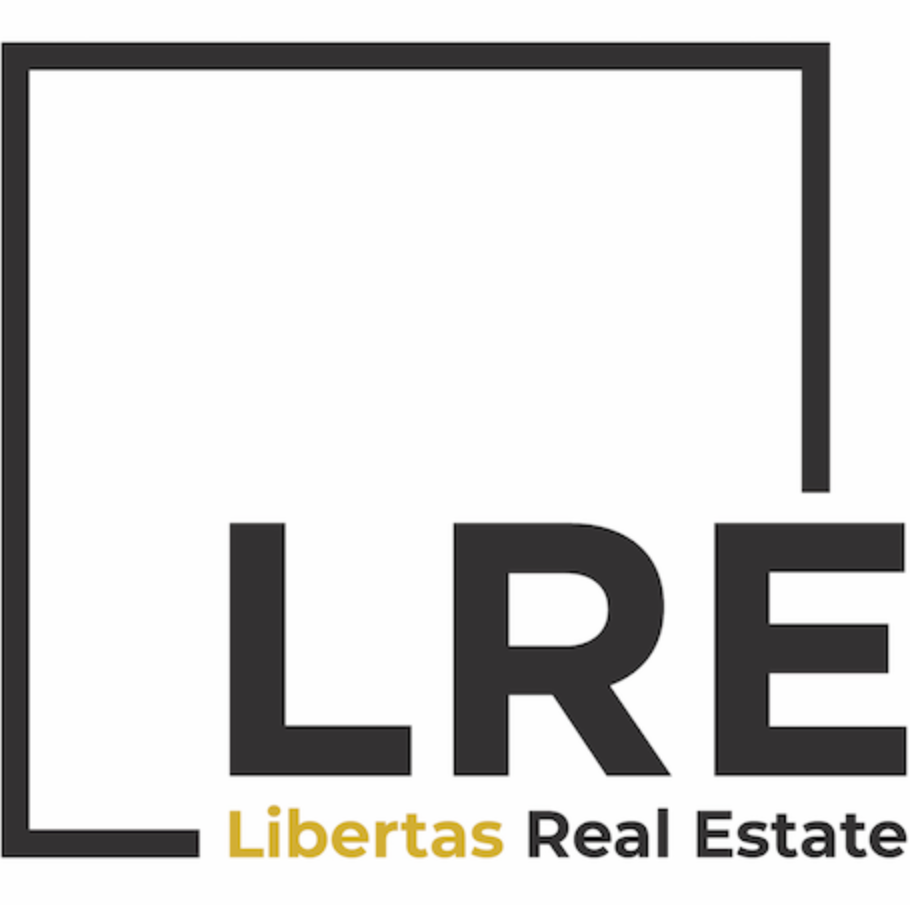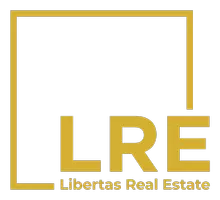Breaking away: MLSs explore separation from Realtor associations
In many real estate markets across the country, the local and state Realtor associations are one and the same with the local multiple listing service (MLS). However, as the real estate industry evolves, many are calling for MLSs and associations to consider “a separation of church and state.”
“For me, chocolate covered raisins are the perfect analogy,” Jerry Legrand, the chief technology officer at Greater Louisville Association of Realtors/APEX MLS, said during a session at the Council of MLSs’ (CMLS) Open House conference in Toronto on Tuesday morning. “You have chocolate, which is the MLS and everyone loves it, and then you have raisins, which are the associations, which some people like and see value in and others don’t. But then you combine them into an unholy abomination. The sum of the parts, the MLS and the association, is less to me than the parts by themselves.”
Chris Carrillo, the CEO of North Texas Real Estate Information Services (NTRIS), which wholesales its MLS services to several local Realtor associations, shares a similar view.
“There is a scripture that says you cannot serve two masters, and I think that is a difficult and important lesson for all of us in everyday life,” Carrillo said. “If I am a MLS executive that has to do both the for-profit MLS arm and the non-profit association arm, I constantly have to switch hats and mindsets and that has to be a challenge. I don’t think I could do it.”
Are associations struggling to identify their value?
Yet, in many markets this is exactly what MLS and association leaders must do each day. The MLS executives at CMLS attribute this to associations struggling to identify their value proposition outside of providing members with access to the MLS.
As Kathy Elson, the CEO of Connecticut-based SmartMLS which is not-Realtor owned, sees it some of the greatest value associations provide members are advocacy, continuing education and networking opportunities.
“We have 20,000 people across the state with relationships you can’t get anywhere else,” Elson said.
Carrillo added that another distinct difference is that the MLS is there to serve the brokerage community as a service provider, which he sees as a different business approach between MLSs and associations. While MLS executives like Carrillo and Elson can see these unique value propositions, Carrillo argues that many association leaders cannot.
“The issue in many places is that the associations have become so reliant on the value proposition of the MLS that it is difficult sometimes to divorce those two, even when it is absolutely necessary. I think it is one of the main issues that we need to address,” Carrillo said. “MLSs are not membership organizations, like the Girl Scouts, they are subscriber for-profit businesses.”
Elson added: “Associations are scared, they don’t get their own value proposition. They rely on the MLS, and they use it as a hammer to make sure that people comply with rules and join the association so they can have access to the MLS. The associations are afraid that they are going to have to show their value and work for their membership each and every day, instead of it just being given to them.”
Not so for Florida Realtors, which offers its members many valuable services outside of the MLS, including a Tech Helpline, Sable Sign and Forms Simplicity. All three of those services are available nationwide.
Creating separation between MLS and Association
Other MLSs and associations are working to create some sense of separation. In Louisville, Legrand said while the MLS is wholly owned by the local association, the two entities have separate boards and elections, and they are on their way to having separate CEOs.
This idea was taken a step further by REcolorado, which was sold to private owners in 2024 by its former majority shareholders The Denver Metro Association of Realtors (DMAR) and South Metro Denver Realtors Association (SMDRA). Dana Bennett, REcolorado’s president and CEO, said the separation of the MLS from the Realtor associations has actually led to a better relationship between the two.
“I feel like this is our opportunity to set up for the future with the new ownership model,” Bennett said. “We have a better relationship with the Realtor associations than we ever had before. It is certainly more cooperative in regard to the dialogues. We even committed to a multi-year substantial investment in marketing programs with the associations.”
While many MLSs and associations may be contemplating a split, Rene Galvan, the executive vice president of Houston Association of Realtors, which wholly owns its local MLS, said he does believe there is value in this structure.
“If real estate is your profession, politics is your business, and we have a really strong advocacy group that helps us in the over 12 counties that we serve to look at local regulations that trip up the operation of real estate,” Galvan said. “We are able to work together to ensure that the business environment is positive for your members and I think that is a huge benefit.”
Categories
Recent Posts








GET MORE INFORMATION

